The content of the article
Pear (Pýrus) - the most famous and popular fruit in the world. Today, there are about 3000 varieties of this juicy and healthy fruit. South Asia is considered its birthplace, the records of the fruit were left by Homer. The fruit may have the most varied color, different density of the skin and juicy pulp, but they all have a characteristic sweet and tart flavor.
Pear can be consumed raw, baked, squeezed juice, used to make desserts, salads, side dishes, fillings for pies. It is undoubtedly useful. But when it comes to its effect on the female body during lactation and on the health of the child (after he received the components of pear with mother's milk), there is already a lot of doubts about the feasibility of its use in food.
In order to figure out whether it is possible for a nursing mother to have a pear, it is necessary to consider what makes her so valuable. What caused its benefits?
Composition
Biochemical composition of pear:
- Glucose, fructose, sucrose.
- Carotene, ascorbic acid, vitamins of group B (B1, B2, B5, B9), P, PP, E, K, N.
- Folic acid.
- Catechins.
- Nitrogenous compounds.
- Cellulose.
- Minerals (potassium, sodium, calcium, phosphorus, magnesium, fluorine, zinc, iodine, selenium, iron, sulfur, manganese, copper).
The benefits of pears for women during GW
For a nursing mother, this fruit has contradictory properties and useful qualities of a pear much more:
- This is a low-calorie and at the same time nutritious fruit. The high content of cellulose contributes to the rapid saturation.
- Essential oils - strengthen the immune system, positively affect the nervous system, relieve depression, inflammation and infectious diseases.
- They establish metabolic processes in the body, the work of the liver, kidneys, digestive organs, detrimental effect on microbes and pathogens that contribute to the development of putrefactive processes in the large intestine.
- Vitamin C - regenerates blood vessels, gives them elasticity and strength.
- Folic acid is involved in blood-forming processes.
- Pears bring the body to a tone, synthesizes red blood cells. Fruit increases appetite and reduces fatigue, promotes rapid healing of wounds - due to the presence in the composition of Fe.
- Potassium - improves the work of the heart, restores cells, reduces the "bad" cholesterol in the blood.
- Fructose in pear is more than glucose, this delicacy is permissible for people suffering from diseases of the pancreas, with an increased level of glucose in the blood and obesity.
- The high content of fiber in the skin improves intestinal peristalsis and serves as a prophylactic agent to prevent the formation of stones in the gallbladder.
- Sulfur will take care of the beauty of nails, hair and skin.
- Pear (100 g) contains the daily proportion of Co, which is indispensable for the correct operation of the thyroid gland. Promotes better absorption of iron and is important for the production of hemoglobin.
Can I use a pear when breastfeeding?
There are many varieties of this honey fruit.But the main thing that unites them is the high content of fiber in the skin. It enhances the wavy contraction of the intestinal walls and, thereby, helps to cleanse the body. It is for this reason that half of moms do not exclude the pear from the diet in order to prevent the increased formation of gases in the body of the newborn.
Given that science disproves the connection between colic and mother’s food, these statements lose their meaning. In fact, not all the useful nutrients from my mother's daily diet get the baby. Colic is the process of becoming a baby’s microflora, the need for which arises after the umbilical cord is cut and they have no relation to the quality of milk.
Also, the child may be concerned if the mother ate a low-quality fruit treated with chemicals against rot. Pears should be thoroughly washed to avoid discomfort in the mother’s and baby’s bodies. Some prefer to cut off the skin, thereby depriving themselves of useful and necessary for the digestion of fiber.
Considering that the fruit is traditional on the consumer's table, everyone used it for food, and they know what actions it has on the body.If there were no problems previously after eating a pear, then it is likely that during the lactation period the fruit will not cause unpleasant sensations in a woman. The maximum that lactation sometimes encounters is an individual, not comfortable state in the intestines. Eaten in one copy on an empty stomach, a pear is able to give a clear idea of whether the fetus is suitable for a woman or not. The absence of unpleasant sensations allows you to enjoy the fruit in any form.
The best way to get valuable substances from a pear is to eat it fresh, but if there are fears that a child may react with diathesis or diarrhea to a new product, then you should not risk it. There is a great alternative - pear baked in the oven. During heat treatment, valuable vitamin-mineral composition is not lost.
Jams, juices, compotes, salads, and a lot of other delicious culinary delights are also made from pears, but it is important not to overdo it during lactation, and to know the measure in everything. Considering that the amount of fruit in a woman’s daily ration is about 300 g, a single medium-sized pear is enough to produce nutrients and pleasure.
Recommendations for eating pears
- Fruit is not eaten on an empty stomach, since the stiffened cellulose in the composition of the skin can injure the mucous membrane of the stomach and intestines.
- The fruit can not drink, so as not to cause the process of fermentation in the body, and, accordingly, swelling. Any liquid is permissible only two hours after the fruit is eaten.
- In order not to cause painful symptoms in the stomach, a pear cannot be jammed into a meal. Only half an hour after eating, you can feast on a pear.
- A pear eaten immediately after the meat creates with it a heavy tandem for the stomach and intestines.
Preference should always be given to homemade juices and jams, since no brand is able to assure 100% of the naturalness of the factory product, and the inclusion of preservatives is a prerequisite in the manufacture of industrial juices and purees.
Fruit is not an allergen, moreover, it is famous for its hypoallergenic. Pediatric doctors offer to supplement mom's food with pears from the first days of the birth of a baby. In addition to the vitamin composition, they are rich in fiber, which, in turn, improves the bowels, eliminates constipation, which is a common problem in the postpartum period.
Pear - one of the first lure after breastfeeding. This fruit is introduced in the form of mashed potatoes, immediately after apples and vegetables. Also a convenient form for the baby - pear juice, decoction.
Introducing an inconsistent product in a diet, it is necessary to strengthen control over a condition of the baby. If there are rashes, itching, bloating, problems with the chair - the pear should be excluded from the diet, and the baby should immediately be shown to the pediatrician. Self-treatment in such a situation is prohibited.
Video: what kind of fruit can be nursing mom?

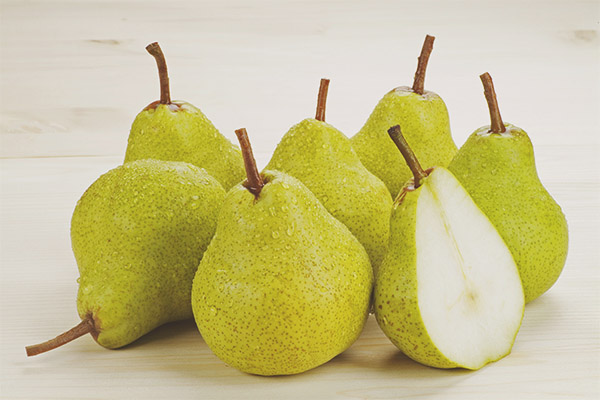
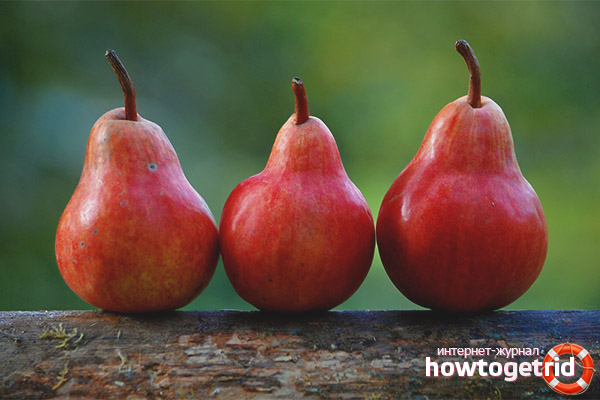
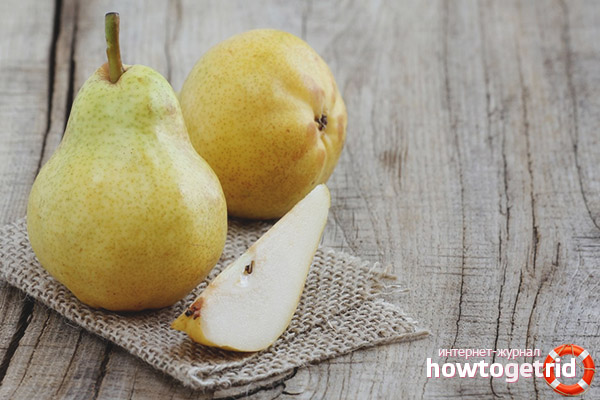

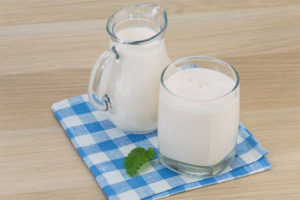
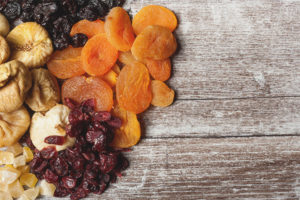
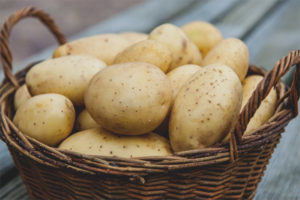
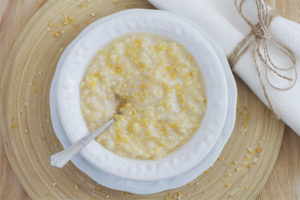
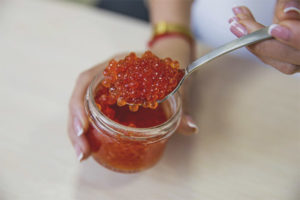
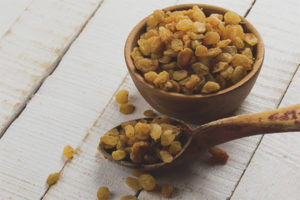
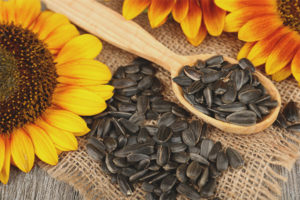
To send